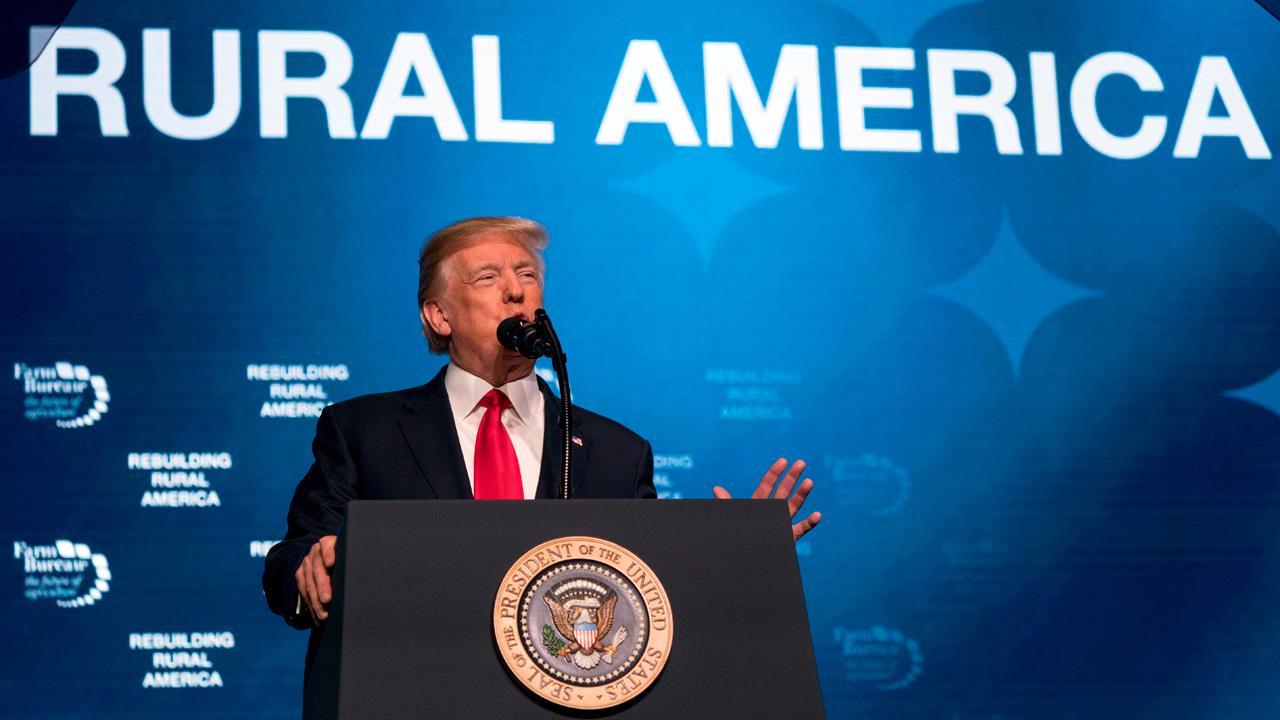Trump touts falling aluminum prices after tariffs
U.S. aluminum prices are dropping, despite a 10% tariff imposed by President Donald Trump on the metal in early March intended to protect U.S. companies and allow for the creation of new manufacturing plants, one of his main promises during the 2016 presidential election.
The president touted the falling aluminum costs -- down 4% from when the White House first announced the tariffs -- on Twitter early Friday morning.
“Despite the Aluminum Tariffs, Aluminum prices are DOWN 4%. People are surprised, I’m not!” he wrote. “Lots of money coming into U.S. coffers and Jobs, Jobs, Jobs!”
Critics warned the tariffs would not only raise the cost of steel and aluminum, making products such as automobiles and canned beer more expensive, but could also spur an international trade war. However, Commerce Secretary Wilbur Ross, a proponent of the import tax, argued the tariffs are necessary to protect U.S. jobs, adding that costs would only increase marginally.
At the time, manufacturers of cans and automobiles derided the president’s decision, saying the tariffs would adversely affect American consumers by raising the costs of everyday products. The Can Manufacturers Institute (CMI), a trade association, estimated the tariffs would increase the cost of a can by nearly 1 cent, translating, on average, to an extra $1.1 billion that consumers would be paying.
“Consumers and our industry’s workers and their families will ultimately pay the price of these punitive actions,” CMI President Robert Budway said in a news release. “We encourage the president to reconsider these tariffs. We do not want tariffs to offset the tremendous benefits the president’s tax and regulatory reforms brought to our industry and our 22,000 American workers.”
Temporary exemptions for some U.S. allies, including Canada, Mexico, the European Union, Australia, Argentina, Brazil and South Korea, likely also helped to reduce the impact of the tariffs on aluminum prices.




















